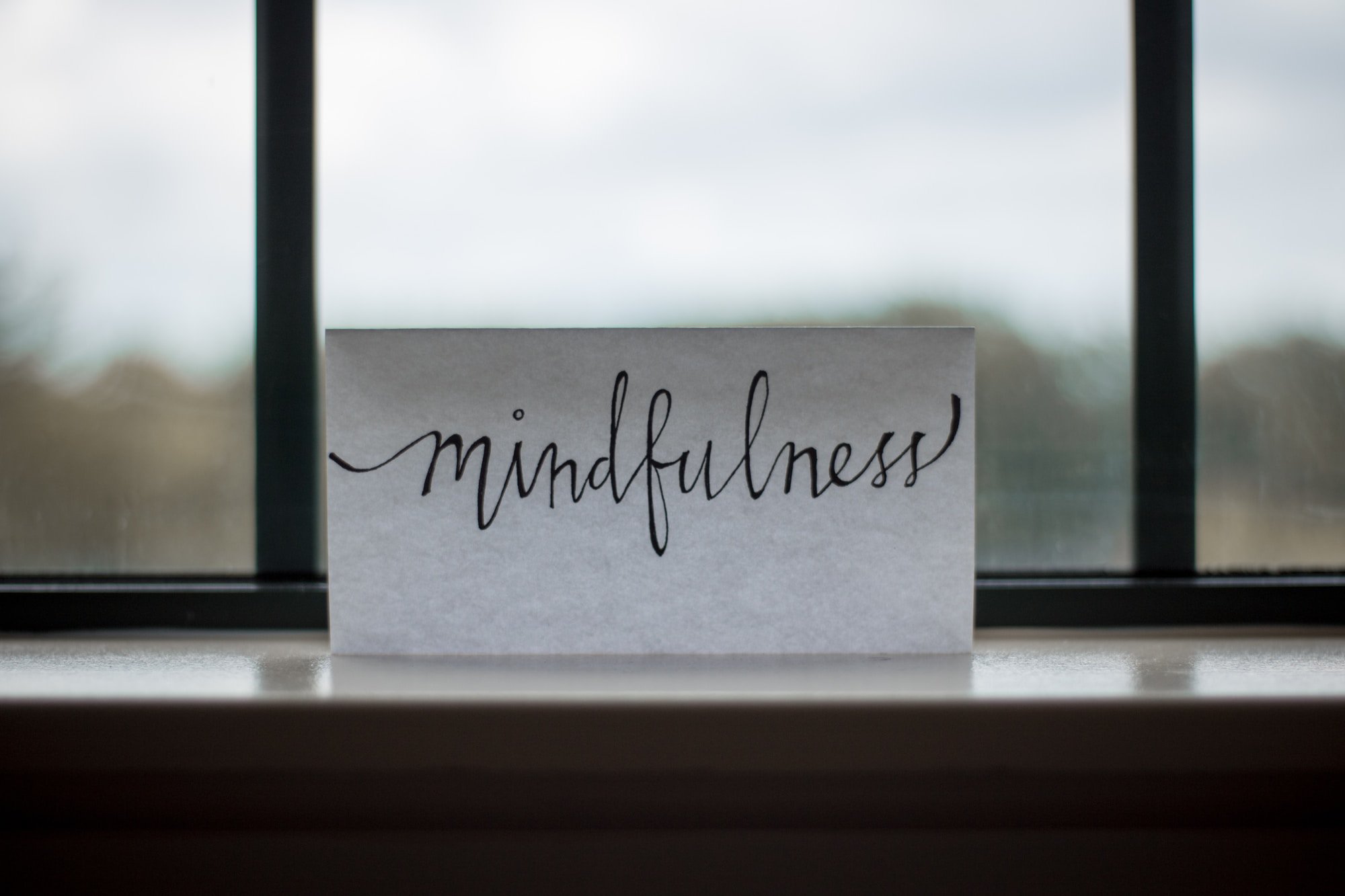How Meditation Can Help You Heal
Meditation has been around for thousands of years. The reason meditation endures is it helps heal the mind and promotes the recovery of the body as well. In the Western world, it is very much underutilized. Everyone needs to learn how to use and promote meditation’s amazing holistic benefits.
What Is Meditation?
Meditation began almost as soon as civilization started. No one knew what to think of meditation all those years ago or what meditation techniques worked best. However, most people already understood with a chaotic mind comes an unsettled spirit. A famous French philosopher once stated, "The greatest thing in the world is to know how to belong to oneself." What the philosopher meant is to know oneself makes understanding the rest of the world a bit easier. In today's fast-paced, technology-driven day to day life, there has never been a statement so true.
The break down of the word meditation comes from Latin, and it means, 'to ponder.' When we meditate we seek to find a better way to connect to ourselves, our body, our mind, and our spirit. If we can make those connections as we meditate, it helps us become aware of our emotions and how those emotions influence our behavior.
How Old is Meditation?
There are some meditation records which date back to 1500 BC in India. The records relate how some people were learning how to train their mind. This learning of the mind is thought to be the first records of various meditation practices learned and encouraged throughout India. But India wasn't alone in creating meditation literature. There were also early forms of meditation referenced back in the 3rd and 6th century in China. Ancient writings have been found by Chinese philosophers on how to embrace simplicity or guard tranquility. Both of the concepts are known in meditation.
Today, meditation is used to create healthy hobbies in your mind and body to build self-esteem or find tranquility. Meditation is also used to align your body and spirit.
How Meditation Can Help You Heal
There are many times one suffers from a chronic condition or physical condition which pains them greatly. If you are suffering, sometimes you think you will try meditating, but once you cross your legs or try to get to a placid, tranquil inner space, you lose track of what you are doing because you get a cramp in your leg or you start thinking about work. If you let go of all the what-ifs in your life and concentrate on where you are right now, what you're doing this second and let your inner voice be heard, you will start to clear out the ongoing noise in your head.
You will find a place in yourself where there is inner peace and wisdom. Once you find it, you will almost always be able to find it again. It's like your stash of zen and calmness you can pull out when you need or want it. You will know you are doing meditation the right way because most of the time a random event happens that gives you the insight you were struggling to find. You will realize you were able to get rid of the noises in your mind and concentrate on what your soul and body needed to replenish, rejuvenate, and renew.
Replenishment, Rejuvenation, and Renewal
There are medical studies that prove you have the power of replenishing and renewing your DNA cellular rejuvenation. You can do this through energy healing exercises such as chi, meditation, and yoga. If anyone doubts this benefit, think about how often prolonged stress causes our bodies to break down. Prolonged stress can cause us to catch a cold, get the flu, cause a migraine headache, break out in hives, etc.
Medical research also proves prolonged stress also affects your reproductive abilities, your digestion, memory, and even your bones. You must find a way to counterbalance the parts of your life that bring you stress, anxiety, worry or panic. Meditation is essential to your health at even the cellular level to help bring you more balance and good energy.
Slowing Down
If you find meditation too difficult to get to in the middle of your busy life, at least slowdown. Slowing down helps you take a breath, look around, and feel the moment around you. It doesn't take much time or energy to slow down yet the benefits can be substantial to your long-term health. Meditation is about slowing down your mind and spirit, so you have less impulsive thoughts and more deliberate and well-executed decisions and actions.
Your first instinct may be to deny you are ever impulsive or make bad decisions. But everyone makes impulsive decisions from time to time. The one thing that cures the quick decisions you sometimes regret is slowing down. Create time and space between what you need to do and your thoughts. Inevitably, your first response when you think about something comes from a place of fear, anxiety, stress or people-pleasing. The first response rarely comes from your peaceful, inner spirit who deliberates and then decides.
Visualize Your Healing
One of the most wonderful things about the human brain is the ability to visualize and imagine whatever we want when we want it. Embedded in our memory cells are idyllic pictures of lakes, oceans, mountaintops, crisp air, blue skies, and more. You can visualize those energizing and healthy images into your DNA's spiraling strands. The DNA strands that can help you repair and reproduce healthy cells. It helps you bring light to dark and life to death. There is nothing more important than your spiritual center and how much power it has if you use it. Give it a try and find out meditation can do for you.












